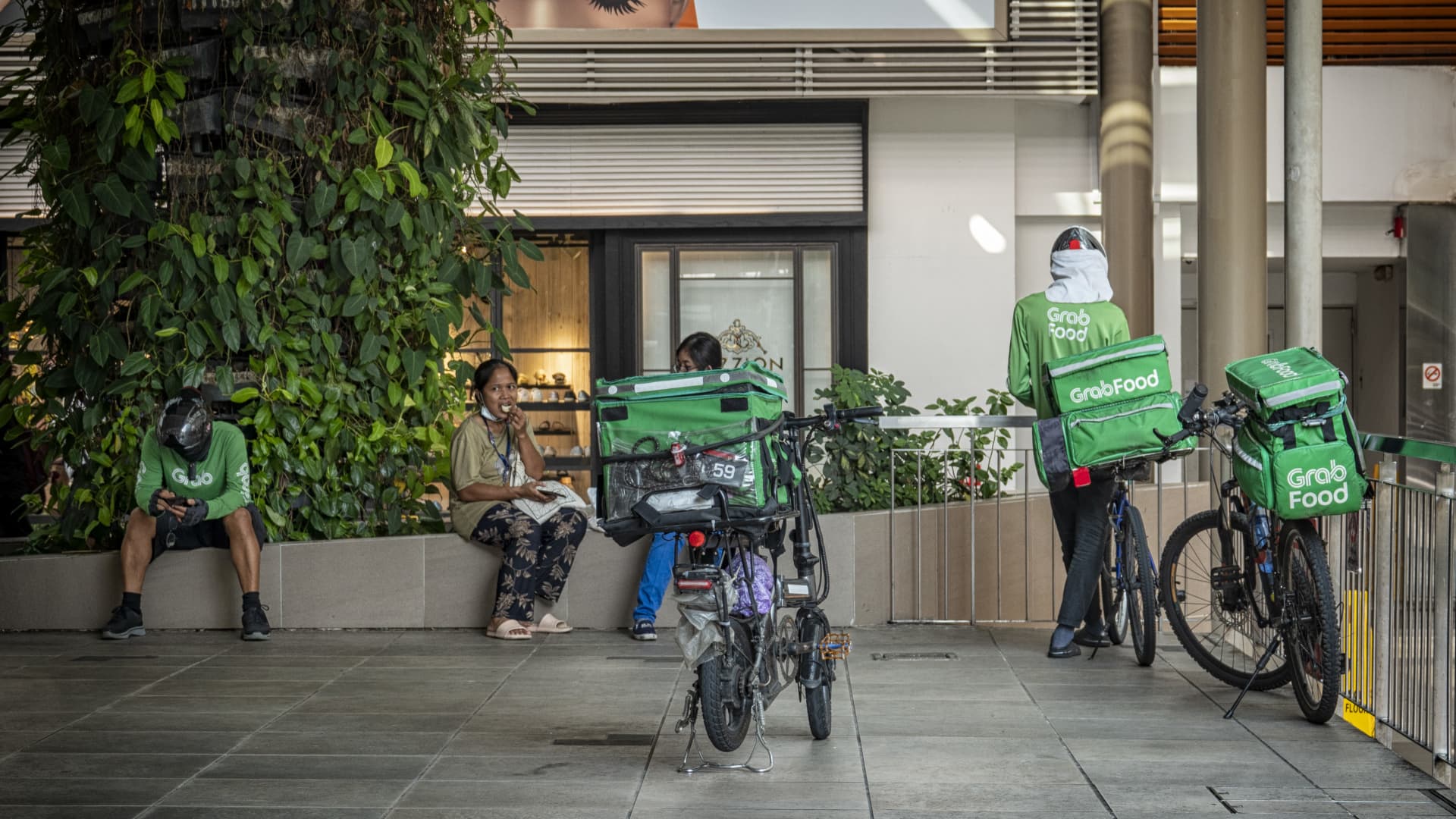A DBS study conducted in May 2023 revealed that gig workers in Singapore are facing significant financial strain. These workers experience less stable income flows and have seen their savings decline year after year, reaching an “unhealthy range.” This study, which analyzed data from about 1.2 million customers, highlights the impact of high inflation and interest rates on the purchasing power of Singaporeans, especially gig workers and low-income individuals.
According to the report, gig workers, who are generally self-employed, face challenges in maintaining financial stability. This group includes individuals who earn a significant portion of their income through online matching platforms like Grab, Gojek, and Foodpanda. Unlike regular employees, gig workers do not receive contributions to the Central Provident Fund, a national savings scheme.
The study also indicates that gig workers have a high expense-to-income ratio of 112%, significantly higher than the median customer’s ratio of 57%. Moreover, their savings can only cover 1.7 months’ worth of expenses, falling below the recommended range of three to six months.
Furthermore, the report reveals that the lower-income group and baby boomers are particularly at risk. Expenses for these groups outpace income growth, leading to worsening cash flows. For low-income customers, expenses make up 93% of their take-home incomes. Similarly, boomers experience five times faster expense growth compared to income growth, with spending consuming 86% of their income.
Rising mortgage payments are another concern highlighted in the study. Housing loans in Singapore have increased due to rising property values and interest rates. Middle-income earners, especially those earning between SGD$2,500 and SGD$4,999 per month, face significant financial distress. These individuals allocate nearly 60% of their income growth to service the increased monthly mortgage payments. Additionally, customers earning below SGD$5,000 may be affected by refinancing on higher interest rates, as many of them have loans under floating rates tied to the Singapore Overnight Rate Average (SORA), which has been rising with recent interest rate hikes by the U.S. Federal Reserve.
DBS warns that if income growth moderates and interest rates remain high, potential stresses may arise, impacting customers’ ability to service their mortgages. The study emphasizes the need for support and financial resilience, especially in the face of an uncertain economic outlook.
Overall, the DBS study sheds light on the financial challenges faced by gig workers and low-income individuals in Singapore, urging the need for effective measures to alleviate their financial strain and enhance their financial well-being.
Denial of responsibility! VigourTimes is an automatic aggregator of Global media. In each content, the hyperlink to the primary source is specified. All trademarks belong to their rightful owners, and all materials to their authors. For any complaint, please reach us at – [email protected]. We will take necessary action within 24 hours.


